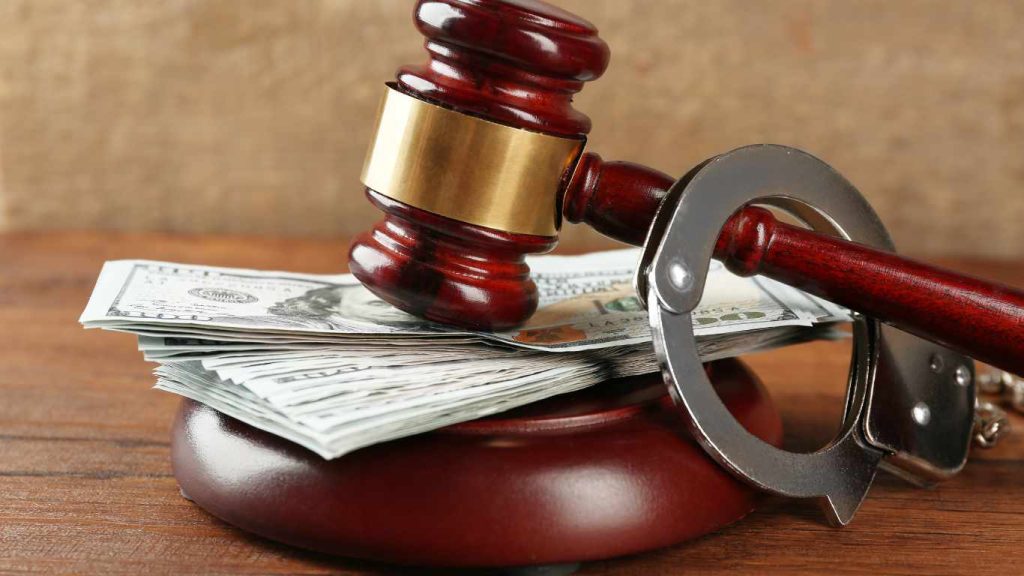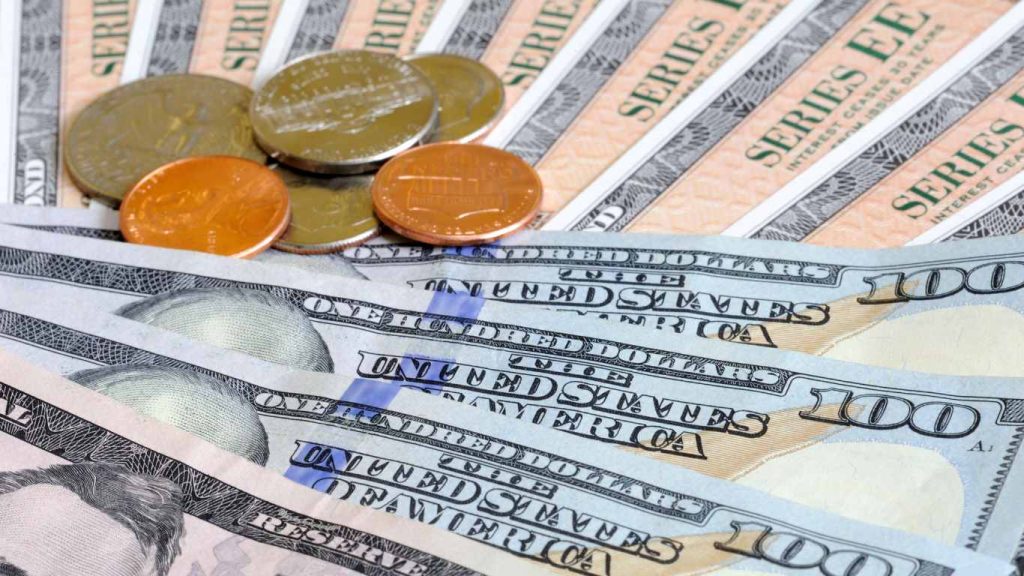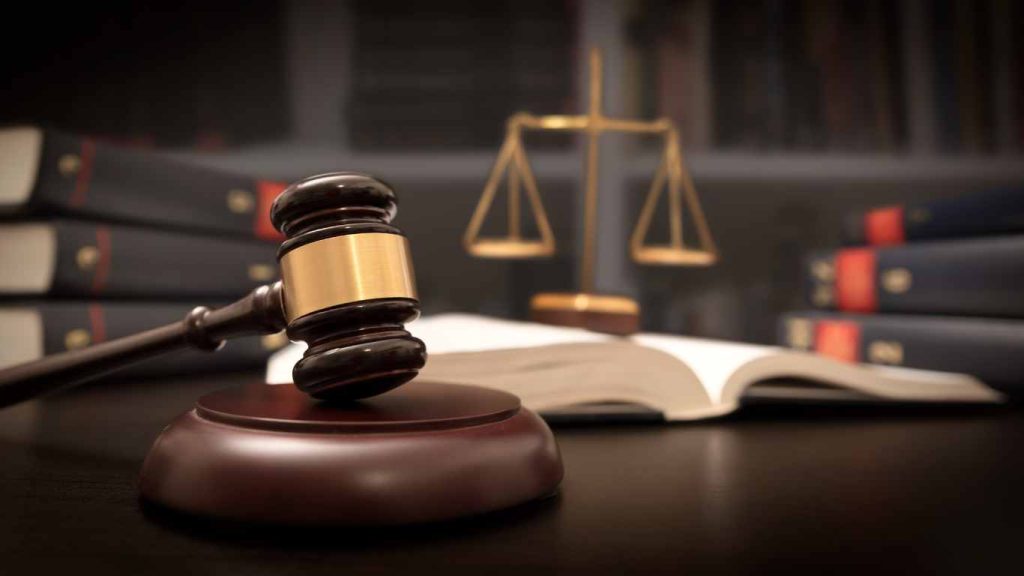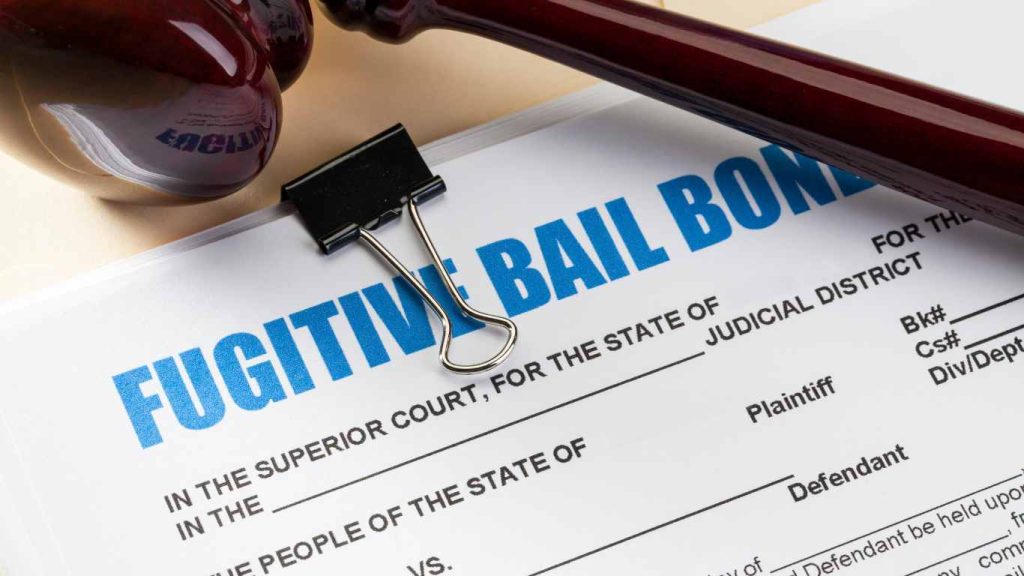Do you want to navigate the complex world of bail bonds? One term will repeatedly pop up, and that is collateral. Do you know what it is and does it affect the bail process? It has been necessary for you to understand how vital collateral is in the entire bail process. Nevertheless, explore various types of collateral assets that you can use.
Collateral acts as a safety mechanism for the bail bond agent if a defendant cannot pay the fees and falters. Collateral gives the bail bond agency or firm the necessary security that they will recover the bail amount. This means if your defendant doesn’t pay because of any specific reason, you or your firm won’t face any financial loss. It is important to have a bail bond agreement for your law firm financial management and cash flow.
It happens if the defendants are not in a position to fulfill the essential legal applications. In this blog post, we will explore the types of collateral for bail bonds.
Understanding the various types of bail collateral
Only when you know the role of collateral will you understand the multiple assets you can give to the bail bond company?

Real estate
A common form of collateral is a property, house, or real estate. If the defendant has some property, they can give it as collateral. Nevertheless, you must note that the property’s value should be more than the bail amount.
Vehicles
Vehicles are a significant collateral that includes motorcycles, cars, or any other valuable vehicle. Moreover, the vehicle’s value should be sufficient to cover the amount in case the defendant does not comply with the legal obligations of the court.
Valuables
Any other high-value item can also act as collateral. Nevertheless, these assets should have value beyond the bail amount.
Jewelry
High-value earrings can also serve as collateral for a bail bond. This can encompass watches, necklaces, bracelets, and rings. The bail bond organization can assess the fee for the jewelry. We may use the jewelry as collateral for the bail bond. If the defendant fails to appear in the courtroom, the bail bond employer can capture the jewelry to recoup their losses.
Credit cards
Credit playing cards also can be used as collateral for a bail bond, however, this selection is likewise much less common due to lengthy credit card processing. The bail bond enterprise will region a lien on the credit card. If the defendant fails to appear in the courtroom, the bail bond employer can price it if you want to recoup their losses.
Bank balance
Some individuals use their bank balance or savings account certificate for collateral to the bail bond agency, which is a convenient option because you do not need to give any other physical asset. You must know the account will be frozen until the case gets resolved. You may contact Columbus bail bondsman Erik Castle for quick release.
Asset of the cosigner
In most places, the cosigner gets engaged in the bail bond. They can give the asset as collateral to get the bond, which is a very significant responsibility. As a co-signer, you must understand the potential implications of giving assets as collateral to the bail bond company. When a defendant cannot follow the legal obligations, it will cease their collateral.
Collateral is essential for several reasons, as it is compliance from the dependent. The risk of giving up on valuable assets is a very significant motivation for the defendant to comply with the legal obligations. If the defendant violates the court’s conditions, the agency can sell the collateral and get the bail amount or the cost associated with it.
Understanding Cash Bonds
When it involves bail bond collateral, coin bonds are perhaps the maximum trustworthy alternative. A coin bond mandates the defendant or their consultant to pay the entire bail amount in cash. If the bail is set at $10,000, the defendant or their consultant must pay the full amount in cash for their release from jail. Cash bonds appear to be the easiest option. However, there are some essential things to consider earlier than selecting this sort of bail bond.

Cash bonds are costly
One of the largest downsides of cash bonds is that they may be very high-priced. Not everybody has the financial resources to pay the total amount in their bail in cash. This means that people end up having to borrow cash or promote assets with the purpose of securing their launch from jail. This can be a financial burden if the defendant is determined guilty and needs to pay fines or restitution.
Cash bonds might not be refundable
When deciding on a cash bond, it is essential to remember that authorities will not refund the paid amount. If the defendant seems in court docket as required, the cash bond might be again on the give up of the case. However, if the defendant fails to appear in the court docket, the coin bond can be forfeited and will not be refunded. This approach is that if they discovered the defendant to be responsible, it would not lower the cash paid for the coin bond back.
Cash bonds won’t be the excellent choice in all cases
While cash bonds can also appear to be the perfect option, they will not be the satisfactory alternative in all cases. For instance, if the defendant faces multiple charges or a history of court no-shows, cash bonds may not be suitable. In these instances, other types of collateral, such as belongings or securities, maybe a better desire.
Other alternatives may be to be had
If a cash bond isn’t always feasible or desirable, there are different options available. For instance, a defendant can be capable of using belongings or securities as collateral for his or her bail bond. These varieties of collateral may be extra low-priced or less difficult to gain than coins. They might have a higher preference for defendants who no longer have the economic assets to pay for a coin bond.

Working with a bail bondsman can help
Finally, working with a bail bondsman can assist defendants in navigating the bail bond procedure. It can also help them in choosing the right choice for his or her scenario. A bail bondsman can provide advice and guidance for the defendants. They may also help defendants attain the collateral they need to secure their release from prison. By running with a bail bondsman, defendants can ensure that they are making informed selections approximately with their bail bond collateral.
As such, collateral helps the bail bond agency serve a large group of clients. It creates risk as they serve even those clients who also require a high amount of bail and those with a higher risk of flight. Undoubtedly, collateral is a very crucial aspect of getting bail. Without this, it might become difficult for the bail bond agent to trust the defendant with the bail amount. In some cases, the defendant uses the assets of the co-signer to get bail.

